What to Do If You Don’t Have Enough Money to Pay All of Your Bills
It might be the skyrocketing cost of fuel and food. Or perhaps you’ve lost your job or you’ve already been living paycheck-to-paycheck with no cushy emergency fund to fall back on. For whatever reason, suddenly this month you can’t pay all of your bills.
You’re scared, angry, worried, and seriously overwhelmed. You’re looking for work, or you may have promises of unemployment benefits and stimulus-type money coming. But when? What are you supposed to do right now? Which bills should you pay first and which ones can slide for a while?
Bill-Paying Roadmap
This is not easy. But I want to assure you that it is doable. As bleak as things may look right now, you will come through this if you are diligent in following this roadmap.
Rule #1: Pay Essentials first
Here’s a basic rule of thumb according to the Boston-based National Consumer Law Center in its book, Surviving Debt:
RULE: Always pay essential expenses first. If any money is left, you can decide which nonessential debts, if any, to keep in your expense budget.
That’s a great directive, but what is an essential expense? How do you know the difference between essential and non-essential when you need groceries, the car payment is past due, and the bank just left a threatening voicemail message?
Grab paper and pen
Create two columns and label them: Essential, Non-Essential. Now, let’s take that stack of bills and the expenses you have right now and separate them into those two columns by asking this question of each one: What’s the consequence if we don’t pay it right now?
- An essential expense represents a serious obligation that if not paid could produce immediate severe, even life-threatening consequences. These are the expenses you must pay first, in order of the severity of the consequence if you don’t pay.
- A non-essential expense represents an obligation that if not paid right now might harm your credit score, or require you to make a phone call, make you feel embarrassed—but will not result in a serious consequence right now.
As you fill the two columns, keep in mind not all of your essential expenses of food, essential medication, and gasoline. You won’t have a statement for those “bills,” but they are critical expenses and you must allow for them in this process.
Rule #2: Identify consequences
Here’s the rule to follow as you make your two lists and then prioritize them by the severity of the consequences to either pay or let slide:
RULE: Do not make payments on non-essential expenses and debt when you have not paid essential expenses even if your nonessential creditors are breathing down your neck with phone calls and threatening messages.
We’re going to concentrate first on your essential expenses that if you do not pay will create life-threatening or otherwise very serious consequences. And we’re going to do this in a specific order.
Do not misunderstand!
I am not suggesting that you should just walk away from your financial obligations. You must pay your creditors, you must pay your bills. To not pay them is not an option.
Of course, it is not ideal to let some of your bills slide for a while. But your situation is what it is. Your resources are severely limited. In time, as things improve (they will) you will be able to get caught up completely.
But for now, you need to know how to get through this month.
Rule #3: Prioritize
You have your two lists. Now re-order them by following this:
RULE: Once you’ve determined which bills are essential, prioritize them according to the severity of the consequences you will suffer for non-payment.
Here is a guide to follow, listed by priority.
Essential Expenses
These are your essential expenses, listed according to priority.
Basic food
You need food. The consequences of not eating are severe! However, even though essential, keep your food expenses to the absolute, bare-bones minimum. You don’t eat steak three times a week when you can’t pay the water bill. Now is the time to pull in every tactic to feed your family on a shoestring.
Unavoidable medications
You may be able to forego non-essential “medications” like food supplements, vitamins, etc., for now. But that blood pressure medication? Think severe consequences if you stop taking those life-preserving meds. You must cover the expense for essential medications.
Health insurance
Keeping your health insurance active is absolutely essential. Not keeping your premiums current will result in cancellation. You dare not live without basic health insurance.
Child support
Paying court-ordered child support is absolutely essential. Not paying can land you in jail. You have no options here that allow for this expense to slide or to go unpaid.
Rent or mortgage
Always assume that your landlord or mortgage lender will immediately proceed to evict or foreclose if you are late with a payment. You must exercise extreme wisdom here.
Utilities
Next, you should pay the minimum required to keep the heat, lights, and water utility services. Your cable and Internet bills are not essential utilities. You should probably cancel them for now. Temporarily use the computers at your local library if you need to be online.
Car payments
If a car is necessary to keep your job, making the loan or lease payment is the next priority.
Other secured loans
Beyond your home and car, debts on furniture, boats, RVs and expensive electronic gear are likely to be secured—that means the lender can repossess for nonpayment. While you are in the process of selling these items to get out from under the heavy debt load, you must keep current on all payments.
Unpaid taxes
If the IRS is about to take your current or future paycheck, bank account, house or other property, you need to set up a repayment plan immediately.
Nonessential Expenses
Nonessential expenses and debts are financial obligations that will have a lesser and/or significantly delayed effect if you withhold payment for a limited time. To delay paying on these is called breathing room; it’s not a pass. It’s a short period of time while you figure out what to do.
Here they are in the order of severity of consequences if you fall behind:
Student loans
Failure to pay your student loan payments could eventually include, at the worst, seizure of your tax refunds and special wage garnishment. If you let this slide for a few months, expect to be charged penalty fees.
Pro Tip
Call your student loan administrator right away to discover any special deferments or waivers for which you may qualify. During this time of global economic upheaval, special measures have been announced for federally-guaranteed student loans.
Don’t assume. Find out so you know exactly what’s up with that as it might relate to your specific situation.
Private student loans do not fall under this special intervention. If yours are private, call that lender immediately! Perhaps you will have a similar kind of forbearance or deferment opportunity.
Credit cards, store cards, gasoline cards
If you fall behind on these debts you will trash your credit score, lose credit privileges, pay horrendous late fees, and—if the debt is unusually high—you may be sued. But you won’t lose your home. You can recover. The consequences will be forthcoming, but not immediate.
Personal loans from friends and family
You should feel a moral obligation to pay, but these creditors will likely be the most understanding of your situation. Don’t hide. Do the right thing and contact this person immediately to set up a face-to-face meeting.
Medical, legal, and accounting bills
While these debts are real and will be paid eventually, they are rarely essential unless you are still receiving treatment.
Other
Every other debt you owe is probably in this category. These unsecured debts are rarely, if ever, essential enough to pay first.
Guard Your Heart and Mind
During this devastating time, don’t allow your emotions to dictate how you distribute the money you have. Do not let your creditors set the agenda. Do not hide, do not lie. Above all, do not take your situation personally.
Adopt a business-like mindset and treat your creditors as you would want to be treated if the tables were turned. Be courteous and respectful, yet assertive. Do not make promises you cannot keep. And when your situation turns around (it will!) keep the promises you have made to your creditors, your family, and yourself.
As you get through this season, never forget: Tough times never last, but tough people do. Get tough!
First published here: 5-28-19; Revised & Updated with current information 5-12-22





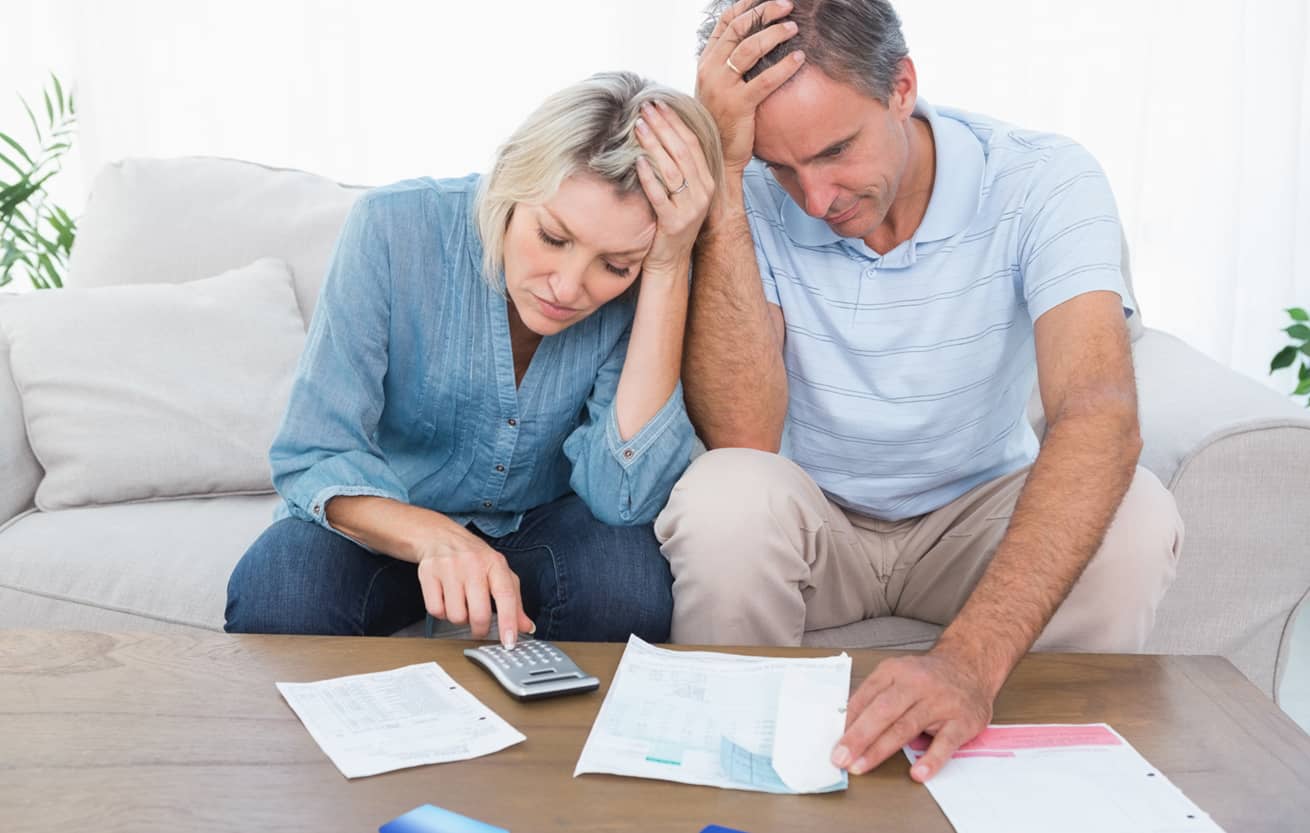





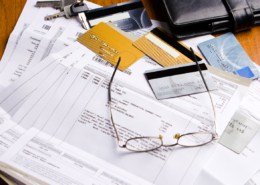

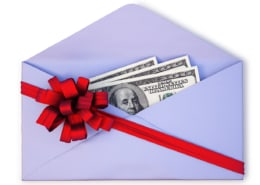
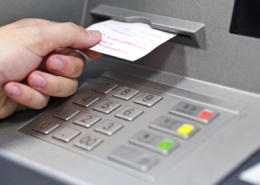
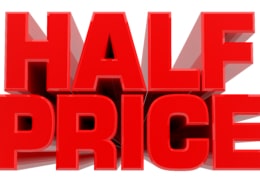


We are trying to use our funds to pay off credit card debt and pay off Lines of Credit. We have a notebook for bills. I have a page for each month. There are spaces for each credit card. I put down the minimum payment, the total owing, the interest rate, the statement date and the date it has to be paid. There is space for the amount we can still access and any possible rewards. The items with the highest interest rate get the most money. When they are paid off then more money is available for the next highest interest rate. This is called the snowball method and we have two totally paid off so far. There are 3 that are nearly paid off as well. We will be renewing our mortgage in a few months and hope to add in some or all of what we still owe. We can make extra payments when we feel comfortable doing so. We are already paying weekly so that 4 extra payments go out a year. We have been going for 5 year terms but I do not know what we will do this time. When we use credit cards we pick the one that will take the longest time for us to receive a bill. We try to make a payment close to the time we get the bill and try to make extra payments before it is due. Sometimes a credit card company will offer a deal for you to use it to pay off another card. Then there is a time period when you are paying less interest. Try to put aside funds so that when the temporary reprieve on high interest rates ends you can pay it off as quickly as possible. We figure out how much we will need to pay the mortgage for a month and leave that in the account. We also pay utilities and insurance on a monthly basis from our bank account. We leave in enough to cover those bills for a month. Then we keep track of all bills that come in several times a year. This includes our property taxes (paid March, April, May plus July, August and September) and the water bill. We have a monthly pass to go swimming and often shower there. It saves a lot of money that way. Always have a clear idea about what is in the bank and try to not use overdraft except in cases of emergencies. Try to find out your credit rating. It is the most important thing that you can protect. Don’t get lazy about keeping track. If you know everything ahead of time then there is no reason to panic. I have had to pay utilities a month late. I called them first. These were the times that my income was less than the set expenses for a given month. Luckily, that was a long time ago. But I kept my head and never defaulted on my mortgage. Good luck!
Awesome explanation. Best of luck to you.
I would add: visit your local food pantry if you need to. I volunteer at one close by me, and we have a lot of items, replenished often, including eggs, bread, canned goods, pet food, frozen meats( often donated from places such as Publix and trader Joe’s ), cereals, etc. We want to give food out! Sometimes a referral is preferred, but these days often not. You will need to show id, and provide an address of you have one. *Everyone* needs assistance at some point, so do not hesitate to utilize a food pantry near you.
Thanks for sharing this great info, Kristina!